On 7 May 2019, the Symposium on The Battle in Shanghai (Zhan Shang Hai), one of the Good Books in China, was held on Xuhui Campus. At the symposium to commemorate the 70th anniversary of the founding of the People’s Republic of China and the liberation of Shanghai, guests and experts from all walks of life had a heated debate on the spirit of the Communist Party of China (CPC) in its battle in Shanghai and its significance in modern society, by looking back into the history of Shanghai’s rise from ashes since liberation.
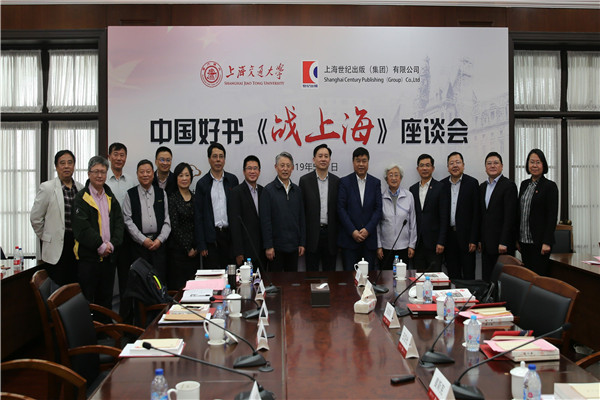
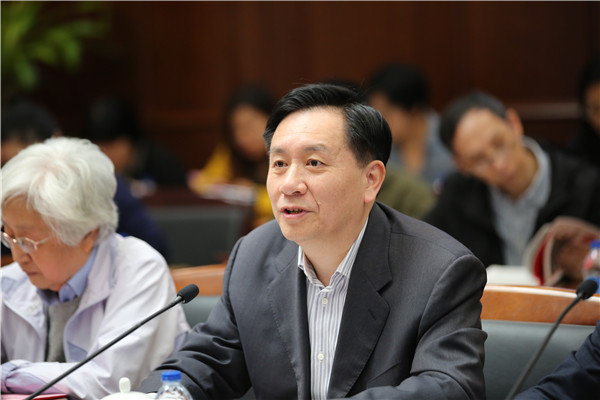
Jiang Sixian, Chairperson of Shanghai Jiao Tong University Council, delivered a speech at the symposium, stating that it was meaningful to hold a conference to reflect upon our past and set a course for the future at the dawn of the anniversary.


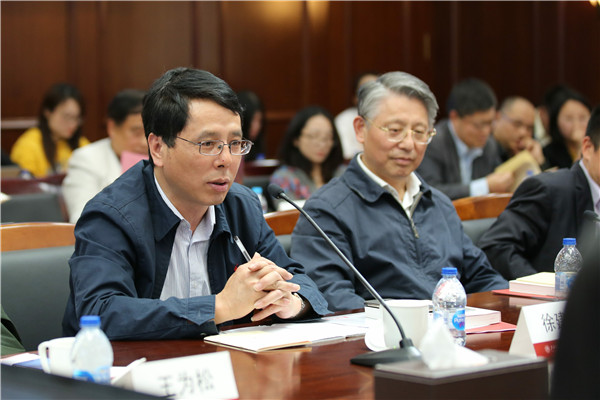
Others who also attended the conference were Sha Hailin, Vice Chairman of the Standing Committee at the Shanghai Municipal People’s Congress, Xu Jiong, Deputy Director of the Publicity Department at the CPC Shanghai Municipal Committee and Xu Jiangang, Director of the Party History Research Center at the CPC Shanghai Municipal Committee. They pointed out that the spirit derived from the battle in Shanghai was still of great significance at present. It was built on the Party’s pioneering spirit, dedication to hard work, as well as its commitment to serving the public good and remaining faithful to the people.
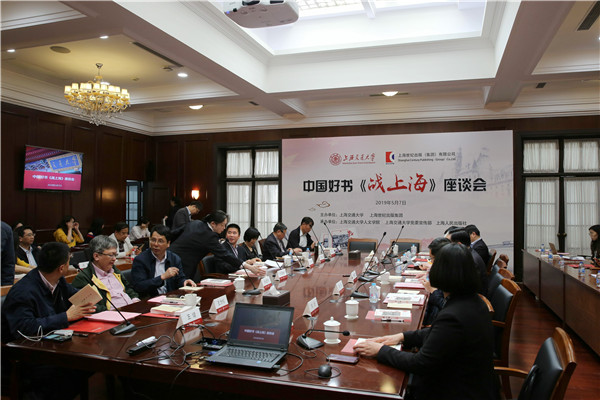
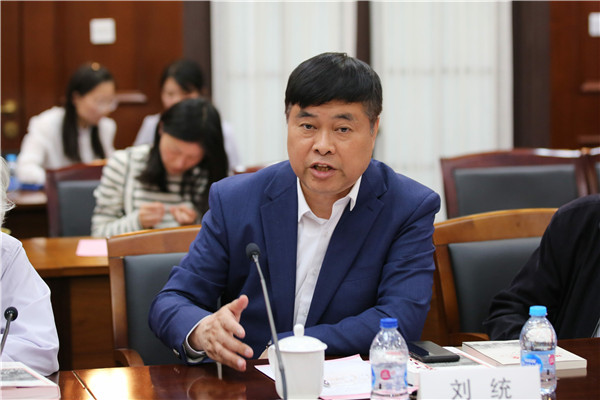
Liu Tong, a professor from the School of Humanities at SJTU and the author of The Battle in Shanghai, shared his experience of writing this book. First, the book was based on historical records which, apart from various primary sources of historical documents, included chorography, as well as cultural and historical accounts so as to ensure its accuracy. Second, a good author had to think and write comprehensively. During his writing, Professor Liu tried to stand in Chenyi’s shoes and write in an all-round way, containing in the book, political, military, judiciary, cultural, social, and economic aspects. Third, all the historical facts and comprehensive thinking had to be coupled with plain and fluent language. Only in this way could the author make clear what materials he had chosen, how he had found the proof to support his ideas, and what methodology he used in his research.
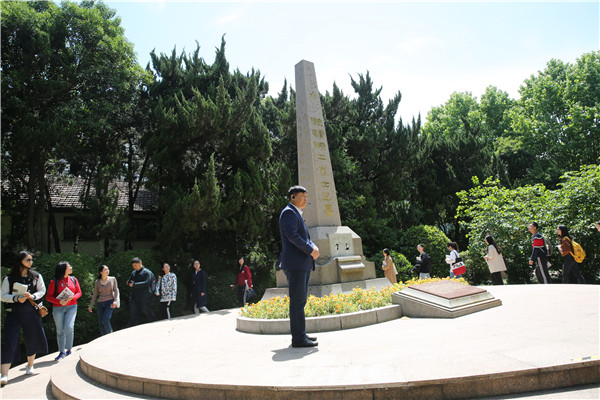
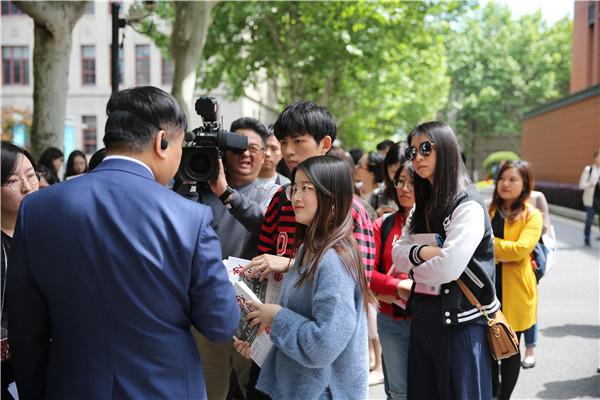
Before the symposium, Professor Liu led the students to visit the tomb of Shi Xiaowen and Mu Hanxiang on Xuhui Campus, as well as the Engineering Hall which was a site of the former East Bureau of the CPC Central Committee, to make them have a better understanding of the history of Shanghai’s liberation. Combining lecture and dialogue throughout the visit, he gave all the visitors a political lesson transcending 70 years of time, by depicting what had happened at SJTU during the darkest period in Shanghai before liberation, as well as how those who were to take over the municipal government spent their first night in the city at the Engineering Hall without disturbing anyone.
Written by Zhang Hui and Gu Weifang
Photo by Wang Chengzhong
Translated by Mo Jialing
Edited by Jenny Cheng and Zhang Yihan